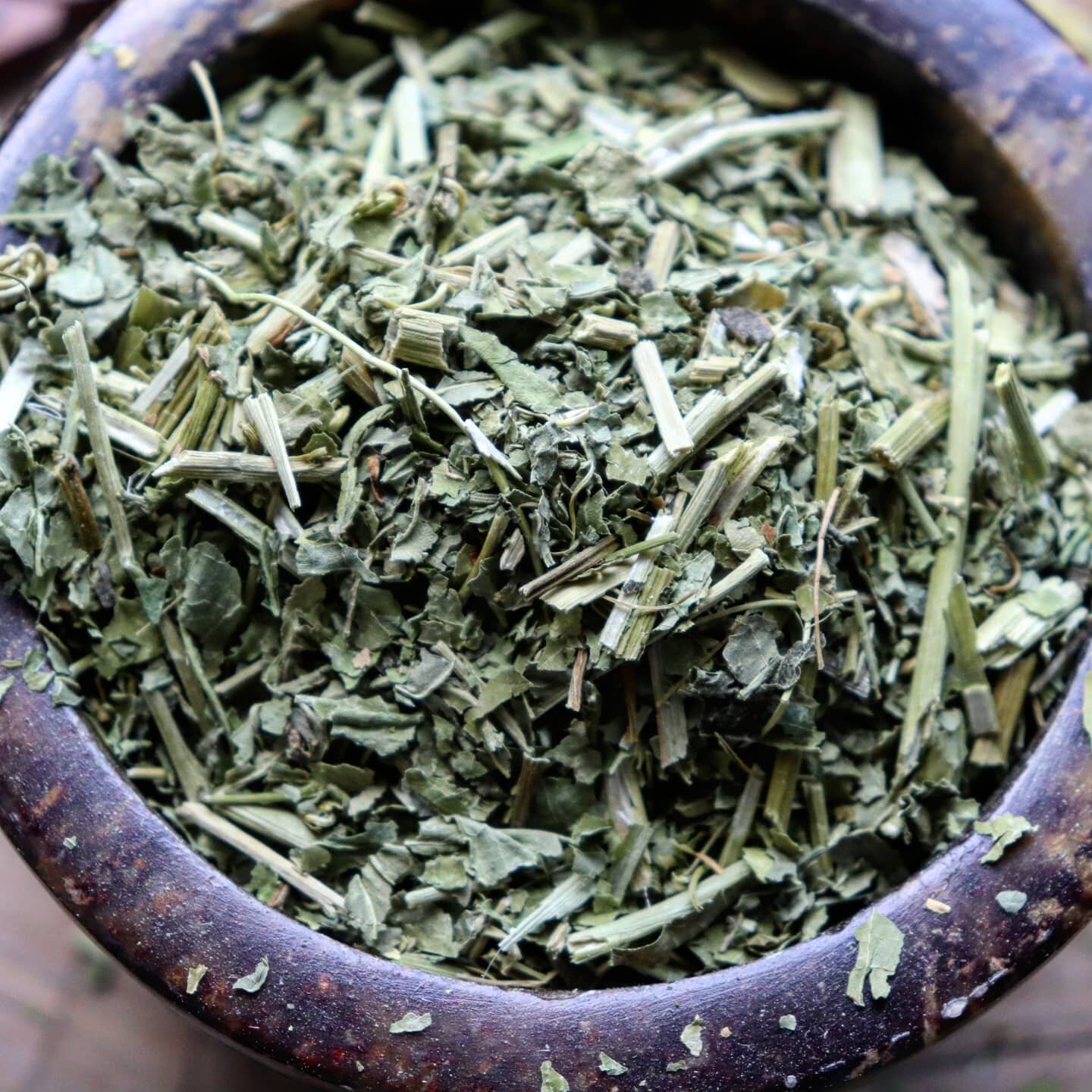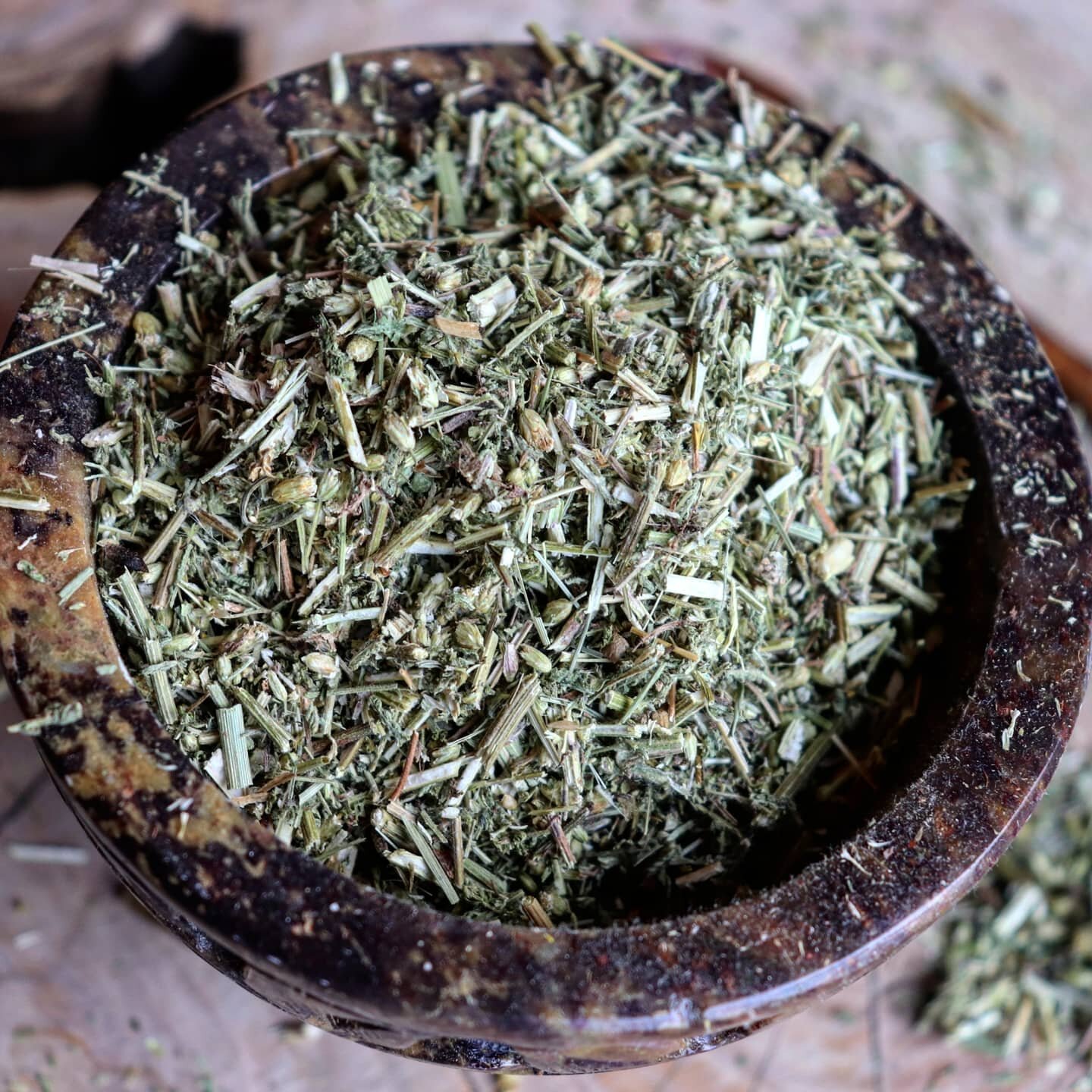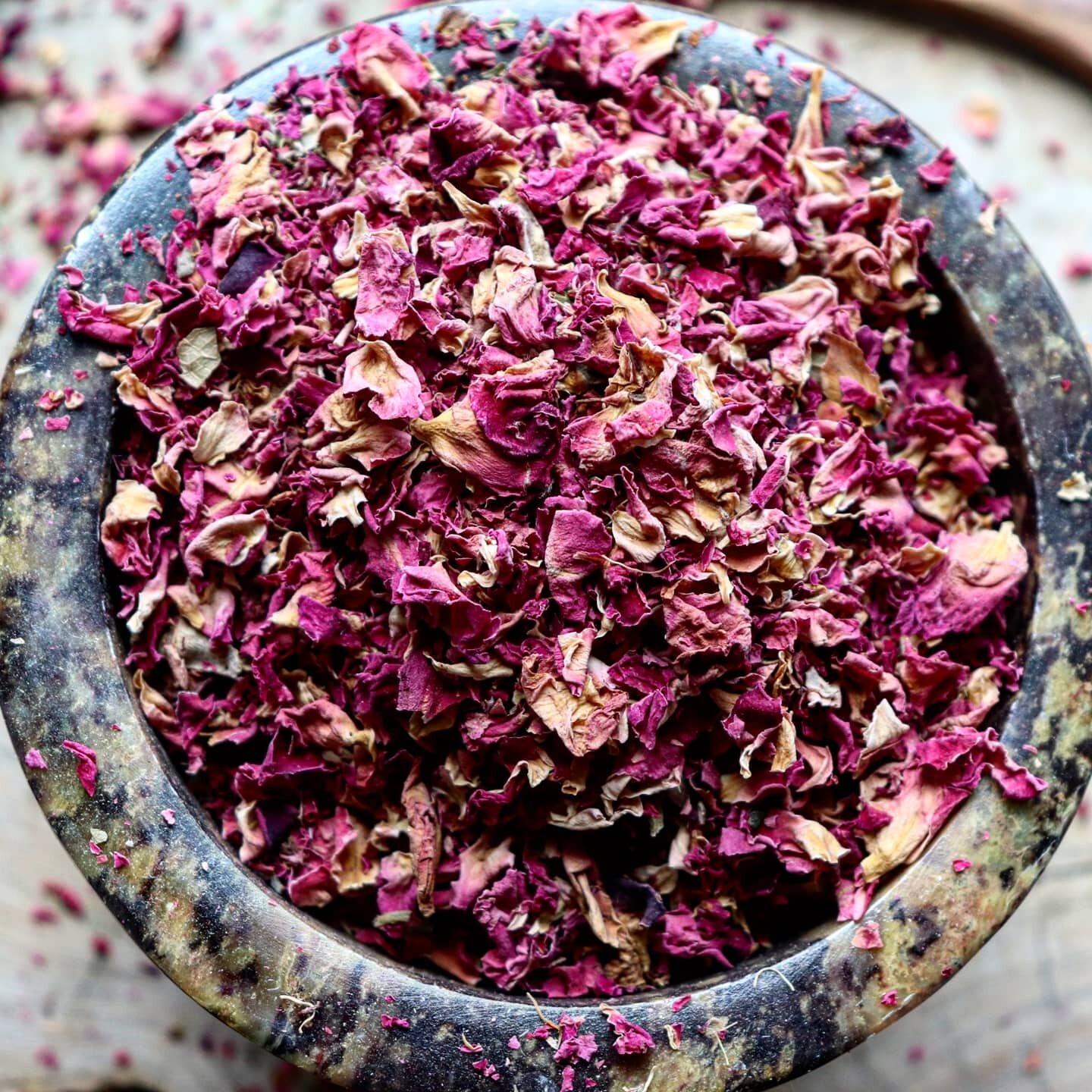 Image 1 of 2
Image 1 of 2

 Image 2 of 2
Image 2 of 2



Passionflower
Passiflora incarnata
Cut and Sifted—available in 1 ounce or 1/2 ounce and packaged in a plastic pouch.
It has long been used as a tea to treat conditions from epilepsy to sleep disorders. The primary benefit of passionflower is in its sedative effect: soothing and quieting the nervous system, assisting in peaceful deep sleep, and calming anxiety and stress. Passionflower can be tinctured, steeped as passionflower tea, and incorporated into herbal infusions.
History + Folklore
Passiflora sp. has a rich history of traditional use dating back to pre-historic times. Seeds that were thousands of years old were found around Virginia, where the Algonkian Indians thrived. Early European settlers have records of the Algonkian Indians eating the passionflower fruit. The Cherokee used P. incarnata root extensively for a variety of purposes.
Additionally, various parts of the plants, including the fruits, were made into a beverage, and the leaves and young tendrils were boiled or fried and eaten. Various indigenous groups were known to use the plant as a topical poultice. P. incarnata has had documented uses in Europe going back to 1787.
In the spirit world, passionflower has been used as a magical charm to attract friendships and to bring peace, and the leaves can be placed in a house to illicit harmony and lessens discord.
Magickal
Pease, Sleep, Friendship
Feminine, Venus, Water
This plant is placed in the house to promote peace.
It is used in ritual or carried on a person that wishes for friendship or popularity.
Warnings: No known precautions.
Passiflora incarnata
Cut and Sifted—available in 1 ounce or 1/2 ounce and packaged in a plastic pouch.
It has long been used as a tea to treat conditions from epilepsy to sleep disorders. The primary benefit of passionflower is in its sedative effect: soothing and quieting the nervous system, assisting in peaceful deep sleep, and calming anxiety and stress. Passionflower can be tinctured, steeped as passionflower tea, and incorporated into herbal infusions.
History + Folklore
Passiflora sp. has a rich history of traditional use dating back to pre-historic times. Seeds that were thousands of years old were found around Virginia, where the Algonkian Indians thrived. Early European settlers have records of the Algonkian Indians eating the passionflower fruit. The Cherokee used P. incarnata root extensively for a variety of purposes.
Additionally, various parts of the plants, including the fruits, were made into a beverage, and the leaves and young tendrils were boiled or fried and eaten. Various indigenous groups were known to use the plant as a topical poultice. P. incarnata has had documented uses in Europe going back to 1787.
In the spirit world, passionflower has been used as a magical charm to attract friendships and to bring peace, and the leaves can be placed in a house to illicit harmony and lessens discord.
Magickal
Pease, Sleep, Friendship
Feminine, Venus, Water
This plant is placed in the house to promote peace.
It is used in ritual or carried on a person that wishes for friendship or popularity.
Warnings: No known precautions.
Passiflora incarnata
Cut and Sifted—available in 1 ounce or 1/2 ounce and packaged in a plastic pouch.
It has long been used as a tea to treat conditions from epilepsy to sleep disorders. The primary benefit of passionflower is in its sedative effect: soothing and quieting the nervous system, assisting in peaceful deep sleep, and calming anxiety and stress. Passionflower can be tinctured, steeped as passionflower tea, and incorporated into herbal infusions.
History + Folklore
Passiflora sp. has a rich history of traditional use dating back to pre-historic times. Seeds that were thousands of years old were found around Virginia, where the Algonkian Indians thrived. Early European settlers have records of the Algonkian Indians eating the passionflower fruit. The Cherokee used P. incarnata root extensively for a variety of purposes.
Additionally, various parts of the plants, including the fruits, were made into a beverage, and the leaves and young tendrils were boiled or fried and eaten. Various indigenous groups were known to use the plant as a topical poultice. P. incarnata has had documented uses in Europe going back to 1787.
In the spirit world, passionflower has been used as a magical charm to attract friendships and to bring peace, and the leaves can be placed in a house to illicit harmony and lessens discord.
Magickal
Pease, Sleep, Friendship
Feminine, Venus, Water
This plant is placed in the house to promote peace.
It is used in ritual or carried on a person that wishes for friendship or popularity.
Warnings: No known precautions.
For the list of herbal correspondents, click on the herb. 🌿
Our products are not intended to diagnose, treat, cure, or prevent any disease. These items are purely informational and curios. Humans are complex; therefore, results may vary depending on consumption and individual physiology. ShadowCraft and affiliates are not responsible for consequences as a result of the misuse and misrepresentation of our products.
Please be advised that you are on a site that promotes the use of and sells homeopathic & herbal supplement products that have not been evaluated by the FDA. All products sold are intended for spiritual and entertainment purposes and have no guaranteed outcome or results. The buyer assumes all responsibility for items once purchased.
As with all handmade items, the listing image may vary compared to the product received. Please refer to our shop disclaimer for additional warnings and information.










